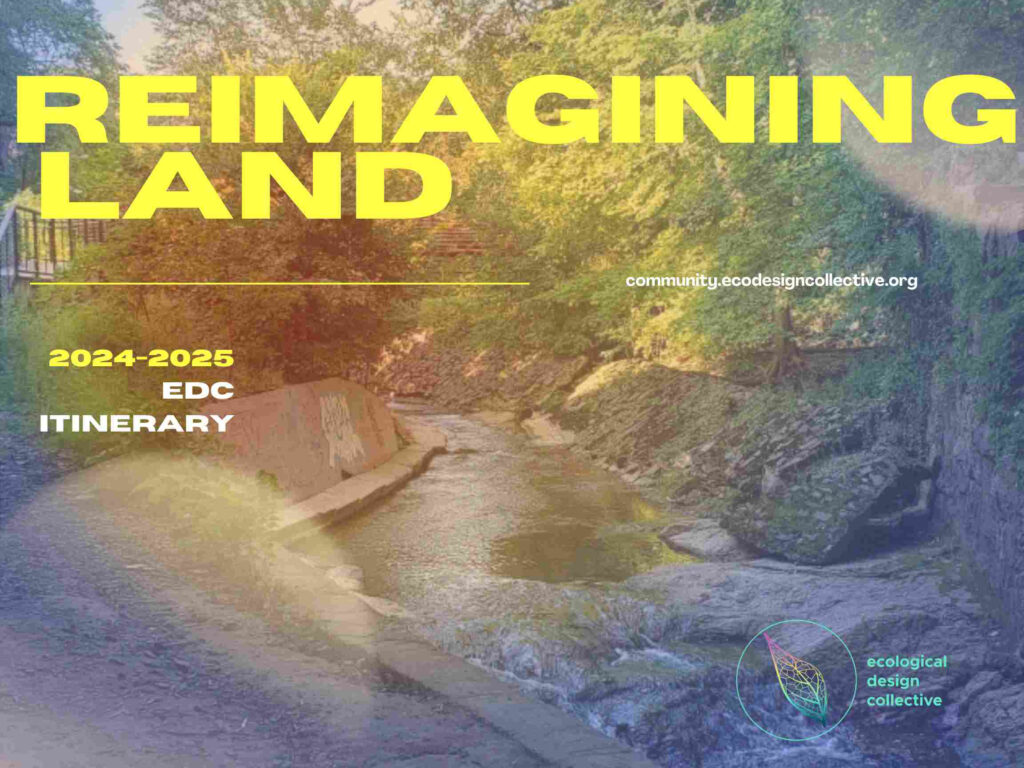
REIMAGINING LAND: A 2024-25 EDC Itinerary
Land can mean many things. There is the surface of the earth and what lies beneath. There are the rivers and channels that run above and through the land, the air and skies above, and plants, roots and soil below, reminding us that the land is always intertwined with water, air and other elemental presences. There are the lines that scour the surface of the earth and mark out lines and borders so difficult to cross: boundaries between one neighborhood and another, between spaces of habitation and industry, between spaces marked out for people of one kind or another, lives or vehicles or machines of one kind or another. The land speaks to deep and abiding histories of segregation, injustice, inequity, and exploitation. But the land can also show us what it could mean to think beyond these stubborn barriers and divisions, to begin to work toward radically different ways of inhabiting this place and its potential.
For land as a living being surpasses artificial boundaries and definitions. Land embodies the supportive interconnectedness of all the elements that compose an environment, both natural and infrastructural. Land teaches us how to live with water, sometimes allowing water to flow through it and always supporting its flow. Land holds together relationships between the humans and nonhuman beings that live in kinship within its span, asking us to acknowledge the impossibility of living apart from this ever-changing ecology. Land invites us to imagine what living for these reciprocal relationships could look like, what it would mean to commit ourselves to their maintenance and repair. Imagine if we came to inherit a collective paradigm shift that bestowed us with a caring, vibrant, and creative relationship to the land? What might land look and feel like then?
We focus in particular on urban land in and around the place we now call Baltimore, and the questions this land invites us to pose. Who holds the land of this city, located on the ancestral and unceded lands of the Piscataway and Susquehannock peoples? Who lives here without secure access, title, or control over the land they need to survive? What would it mean to ensure such access, whether we are thinking of spaces of shelter and livelihood, spaces of food and sustenance, spaces of pleasure and joy? How does land appear when we think in terms of habitat for the countless non-human beings who reside in or migrate through the city? How may land be tended, organized and prepared to allow every city resident access to water? And what would it mean to bring such questions into focus in the name of ecological design, with an eye to nurturing more sustainable and livable futures in an often difficult city, one in which survival and well-being depend so deeply on relations to land, place, and ground.
When taken as private property or speculative resource, land has yielded staggering forms of inequality and exploitation. Yet land in many cultures and contexts is still approached as a shared commons, with collective structures of caretaking and custodianship. We call for attention to broader histories of such mutualism and solidarity, at the heart of many strands of Indigenous, Black, abolitionist, and feminist thinking. How do cooperative formations like urban farms and community land trusts respond to the harms of objectifying land and the need for reparations? What would it mean to treat such community formations as spatial infrastructures, collective resources as worthy of public investment as those assembled with concrete and conduit? How can such local formations help address problems like climate injustice at a planetary scale?
Stay tuned for a series of events, activities, and encounters over the 2024-25 year that embody these ideas and questions, all of which will be listed below. These will include a series of monthly “Groundings” in various places and experiences in Baltimore. Watch this space for additional events.
And please reach out via curators@ecodesigncollective.org if you’d like to share any other ideas, we welcome fellow travelers on this journey!
Events
-
-
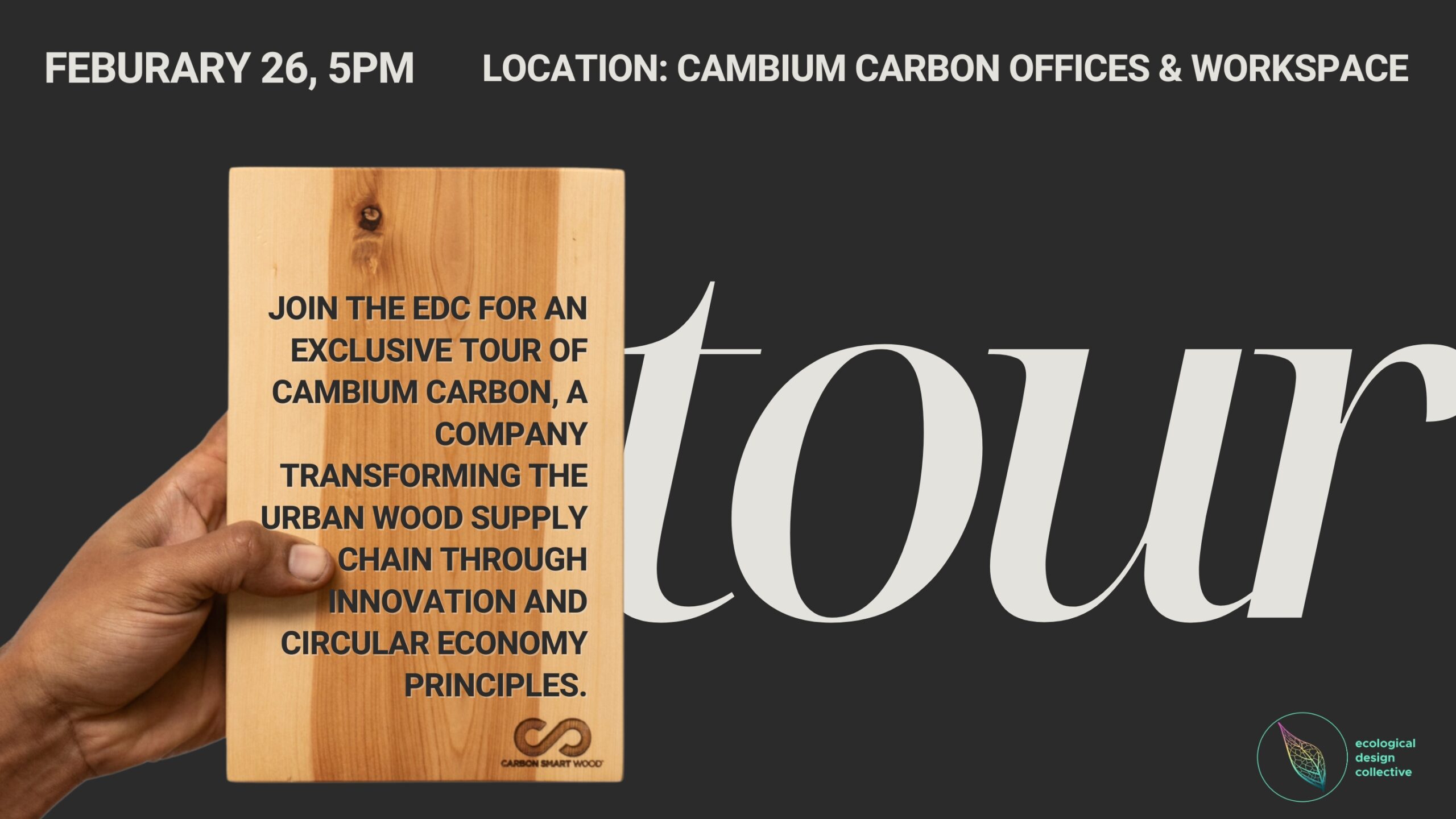
Cambium Fallen Lumber Tour: An Ecological Design Collective Grounding
FeaturedJoin the Ecological Design Collective for an exclusive tour of Cambium Carbon, a company transforming the urban wood supply chain through innovation and circular economy…
Free -
-
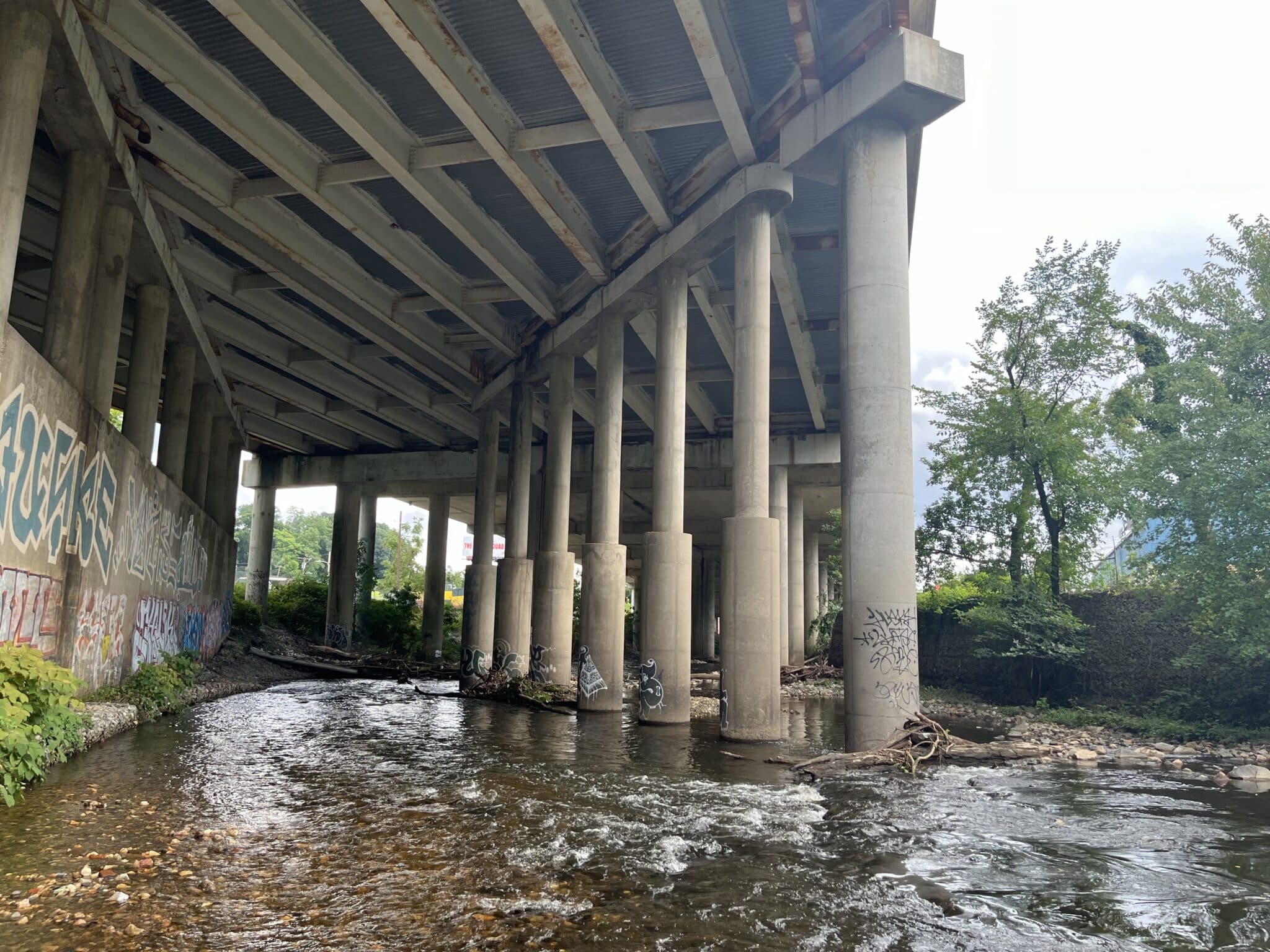
Jones Falls Workshop: An Ecological Design Collective Grounding
FeaturedJoin us to imagine new futures for the Jones Falls at this collaborative workshop No waterway has been more essential to the development of Baltimore…
Free -
-

Jones Falls Industrial History Tour: An Ecological Design Collective Grounding
FeaturedJoin us on a tour of Jones Falls' industrial history! This Saturday the Ecological Design Collective (EDC) embarks on a tour of the Jones Falls…
Free -
-
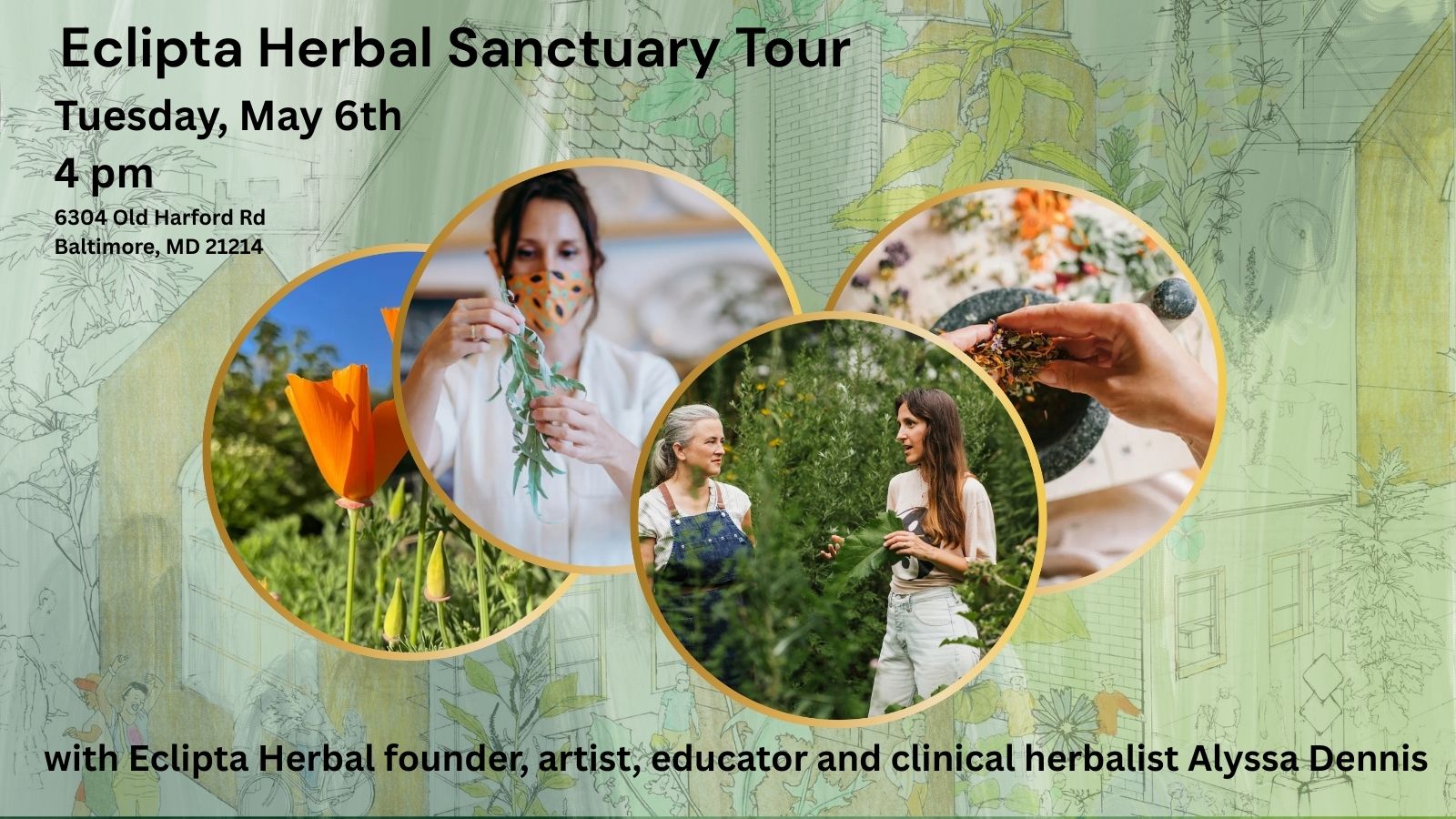
Eclipta Herbal Sanctuary Tour: An Ecological Design Collective Grounding
FeaturedCome out to tour a lush healing sanctuary with Eclipta Herbal founder, artist, educator and clinical herbalist Alyssa Dennis! Nestled on a 0.7-acre plot in Northeast Baltimore…
Free -
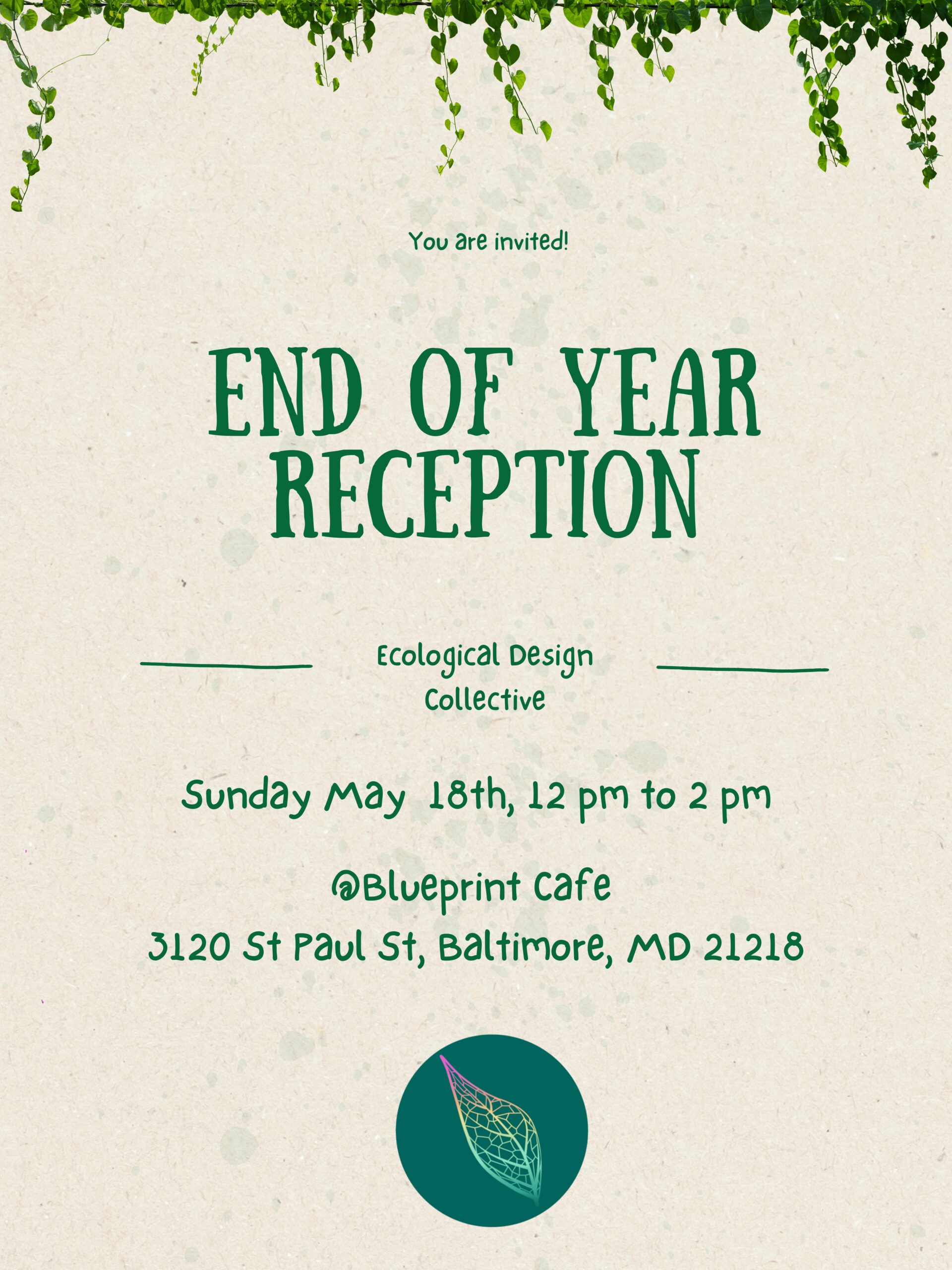
End of Year Reception and Celebration
FeaturedJoin the Ecological Design Collective for our End of Year Reception — a celebration of community, imagination, and collective care for the land. Over the…
Free -

A Year of Reimagining Land: A Roundtable Retrospective
FeaturedJoin us on May 22nd, from 4:00 PM to 6:00 PM at Blueprint Cafe, 3120 St Paul St, Baltimore, MD 21218, for a special roundtable…
Free -

Roots and Futures: A Transatlantic Perspective on Black Land and Food Sovereignty
FeaturedBlueprint Cafe, 3120 St Paul St, Baltimore, MD 21218 Join us for the culminating event of the Reimagining Land theme, as we gather to reflect,…
Free -
-
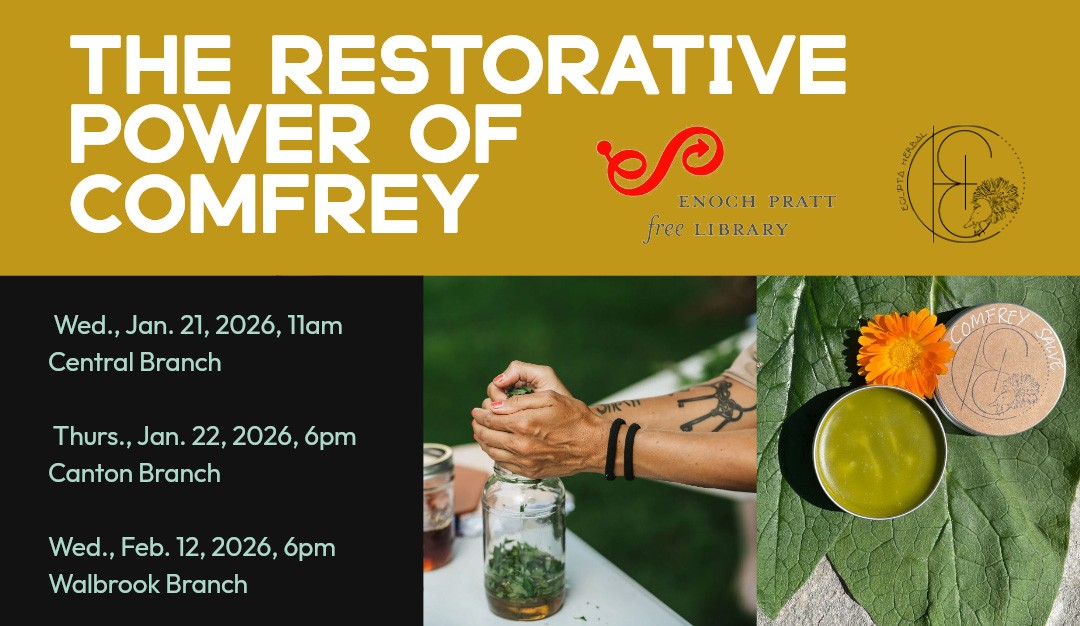
The Restorative Power Of Comfrey: FREE WORKSHOPS
Enoch Pratt Central Library: Creative Arts Center (2nd Floor) 400 Cathedral Street, Baltimore, MD, United StatesSpace for this program is limited; registration is required. ****EACH WORKSHOP IS AT A DIFFERENT LOCATION**** We invite you to gather in community under the…
FREE -

The Restorative Power Of Comfrey: FREE WORKSHOPS
Enoch Pratt Central Library: Creative Arts Center (2nd Floor) 400 Cathedral Street, Baltimore, MD, United StatesSpace for this program is limited; registration is required. ****EACH WORKSHOP IS AT A DIFFERENT LOCATION**** We invite you to gather in community under the…
FREE -
-

The Restorative Power Of Comfrey: FREE WORKSHOPS
Enoch Pratt Central Library: Creative Arts Center (2nd Floor) 400 Cathedral Street, Baltimore, MD, United StatesSpace for this program is limited; registration is required. ****EACH WORKSHOP IS AT A DIFFERENT LOCATION**** We invite you to gather in community under the…
FREE -
-
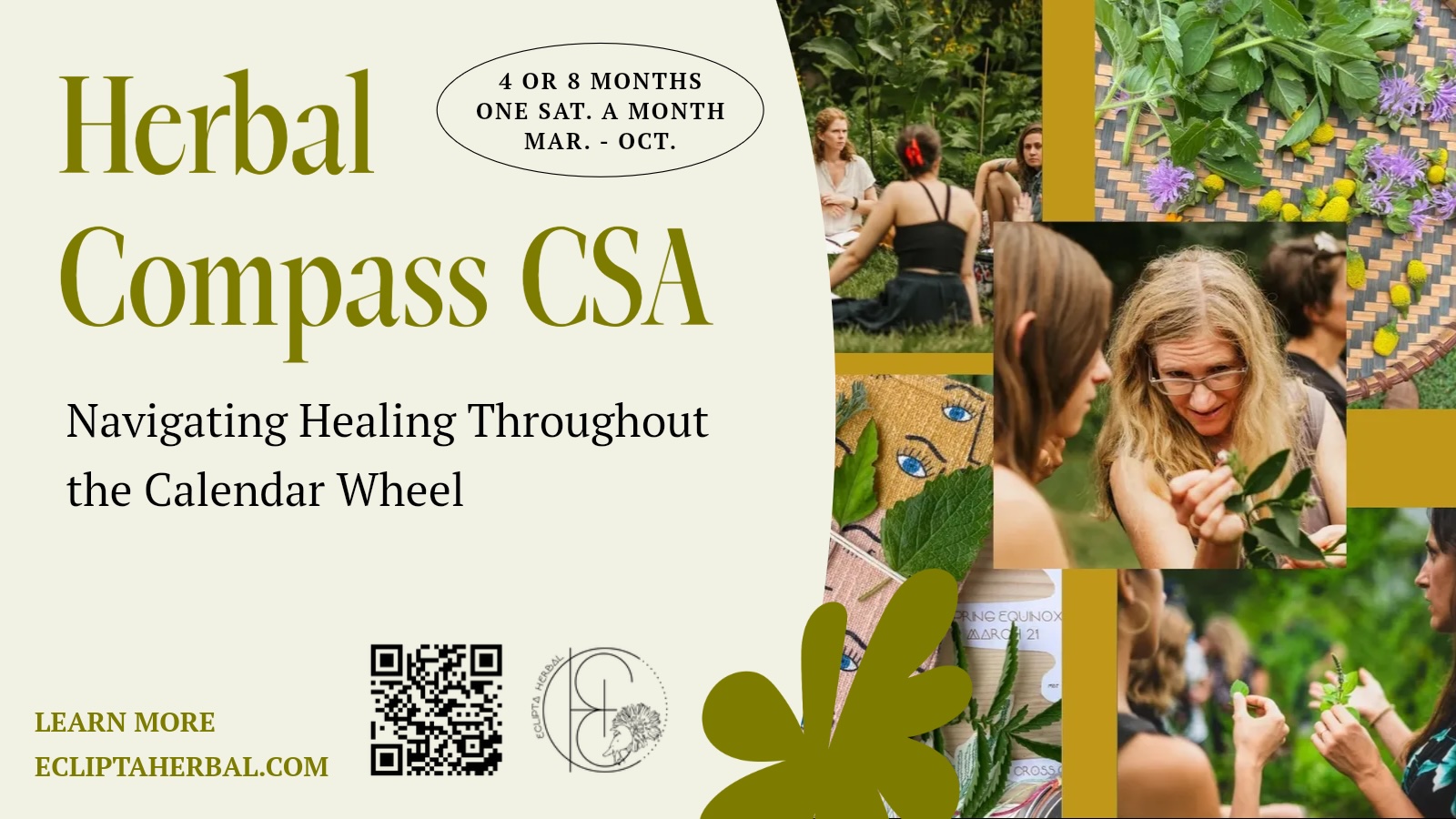
Herbal Compass CSA: Navigating Healing Throughout the Calendar Wheel
Are you ready to reconnect, reawaken, and realign with your body’s innate wisdom—the deep intelligence that guides healing not only for yourself, but for the…
-
-
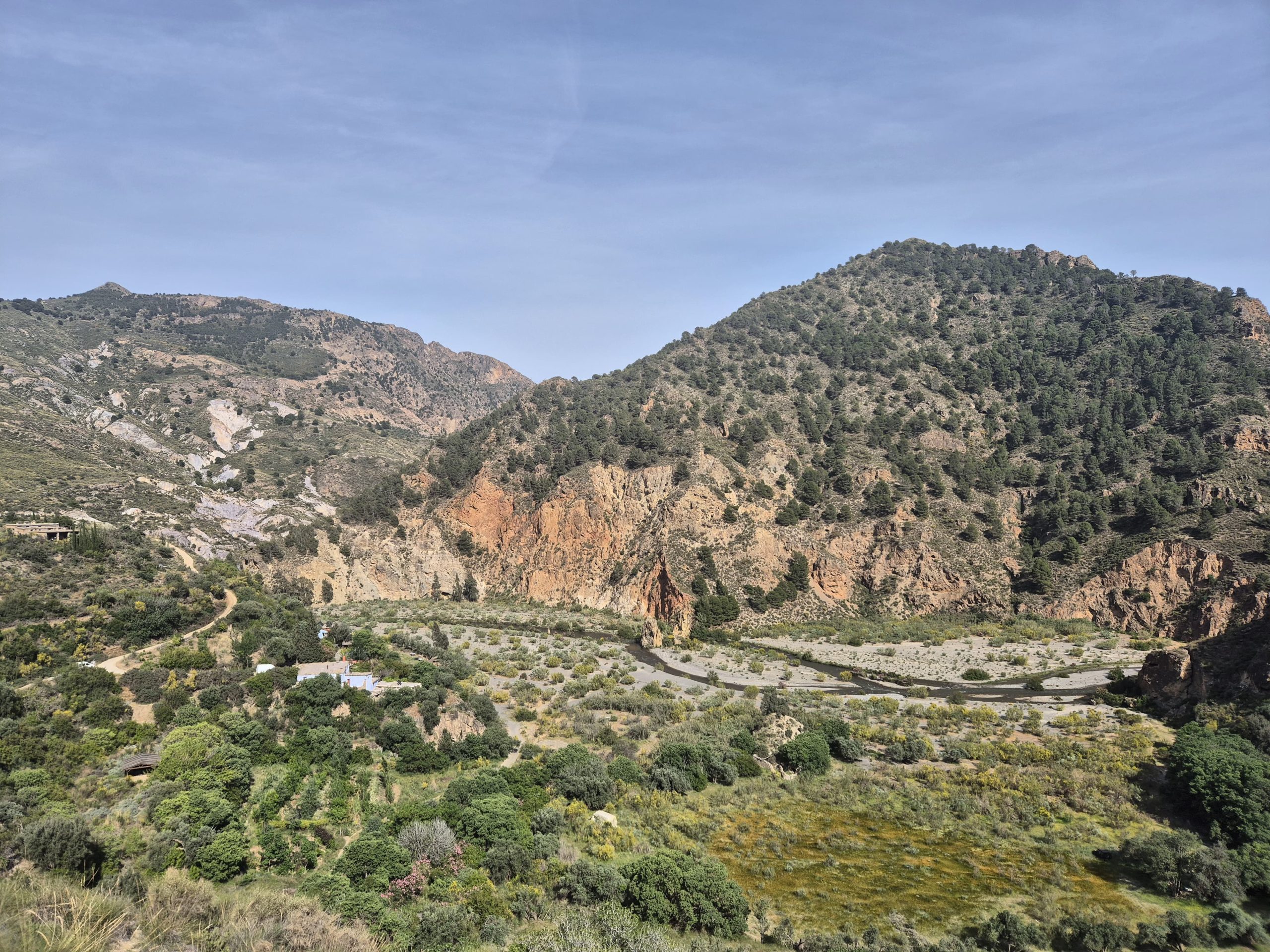
Syntropy / Entropy – A land based inquiry exploring possibilities for making, creating, and relating otherwise.
Finca La Herradura Finca La Herradura s/n, Orgiva, Granada, SpainEntropy: The universal tendency of order to decay towards disorder and chaos. Things fall apart. Syntropy: The universal tendency of complexity to emerge from disorder…
Free
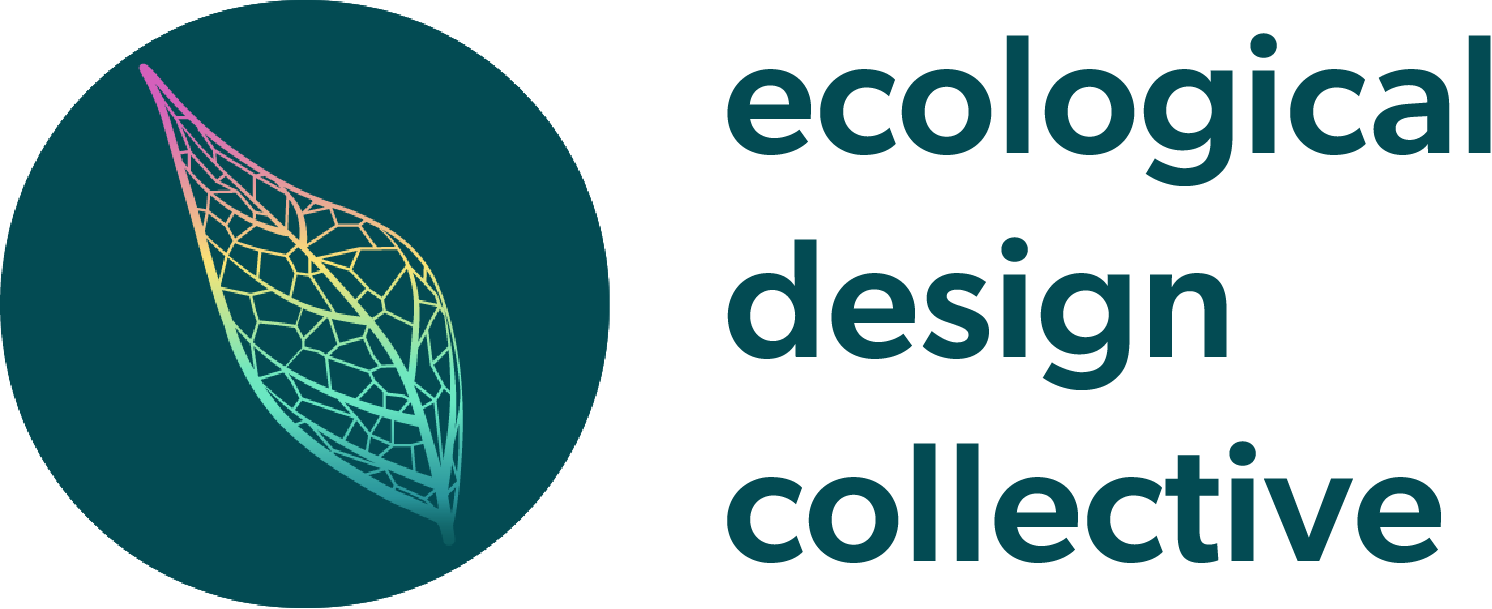
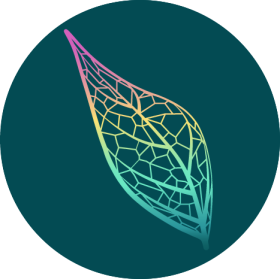
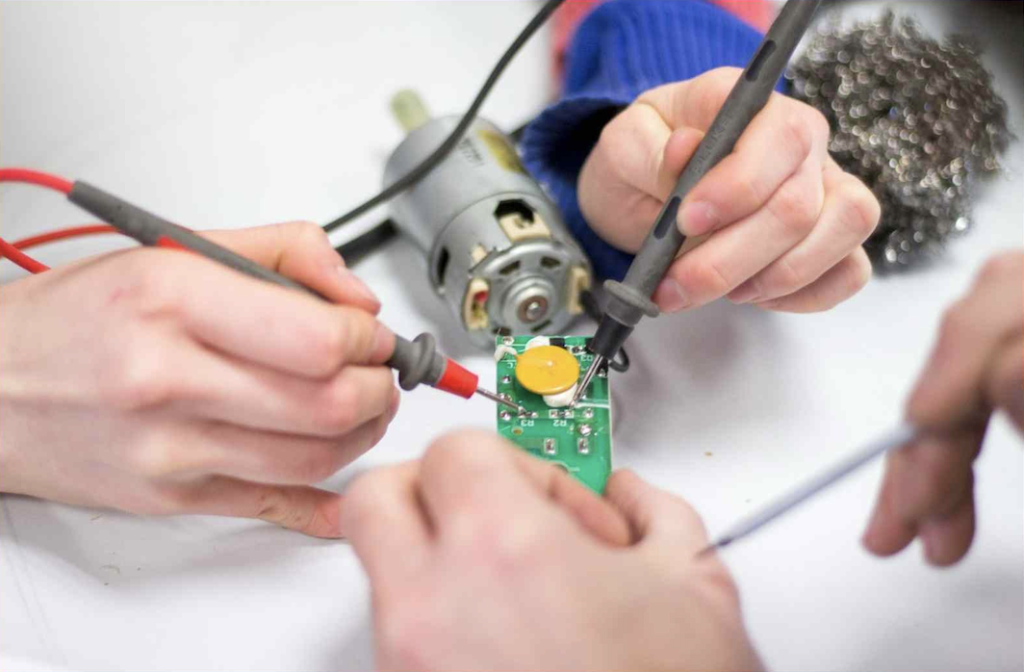
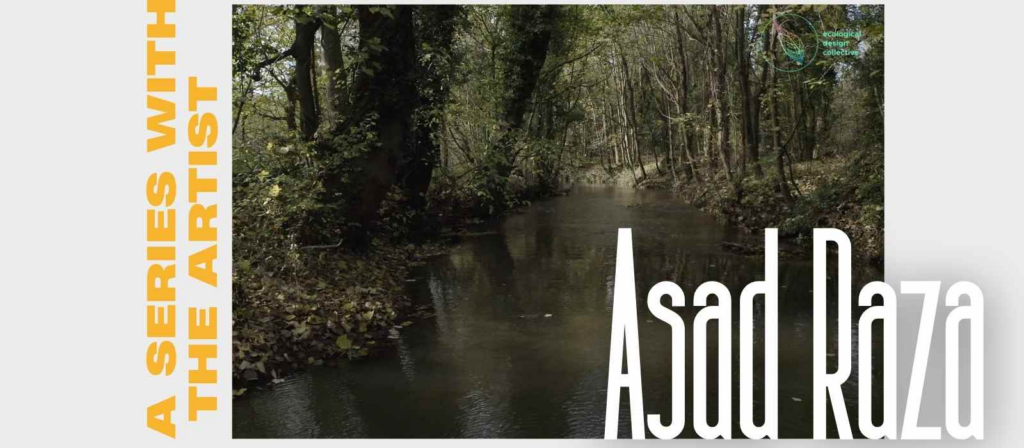
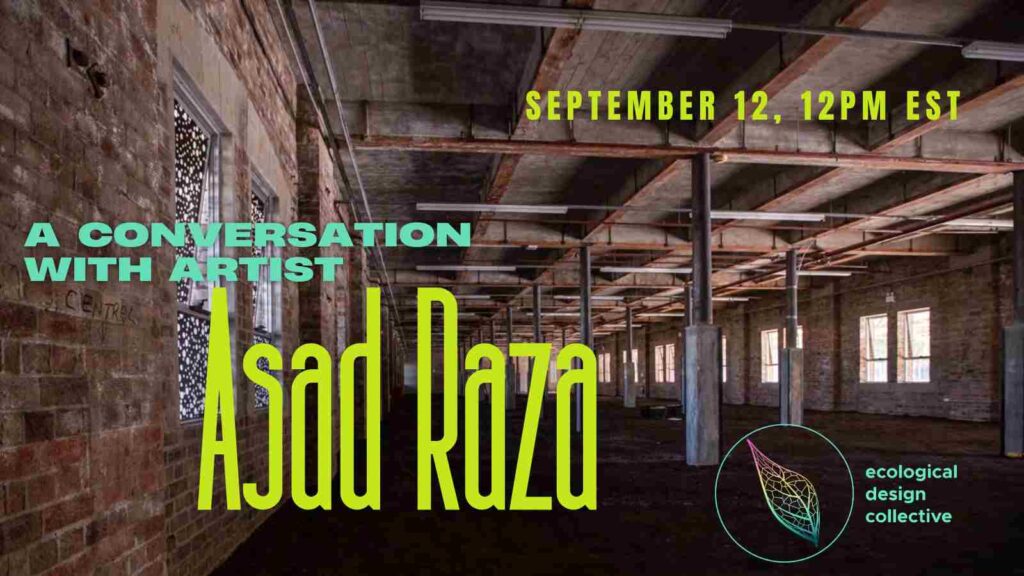
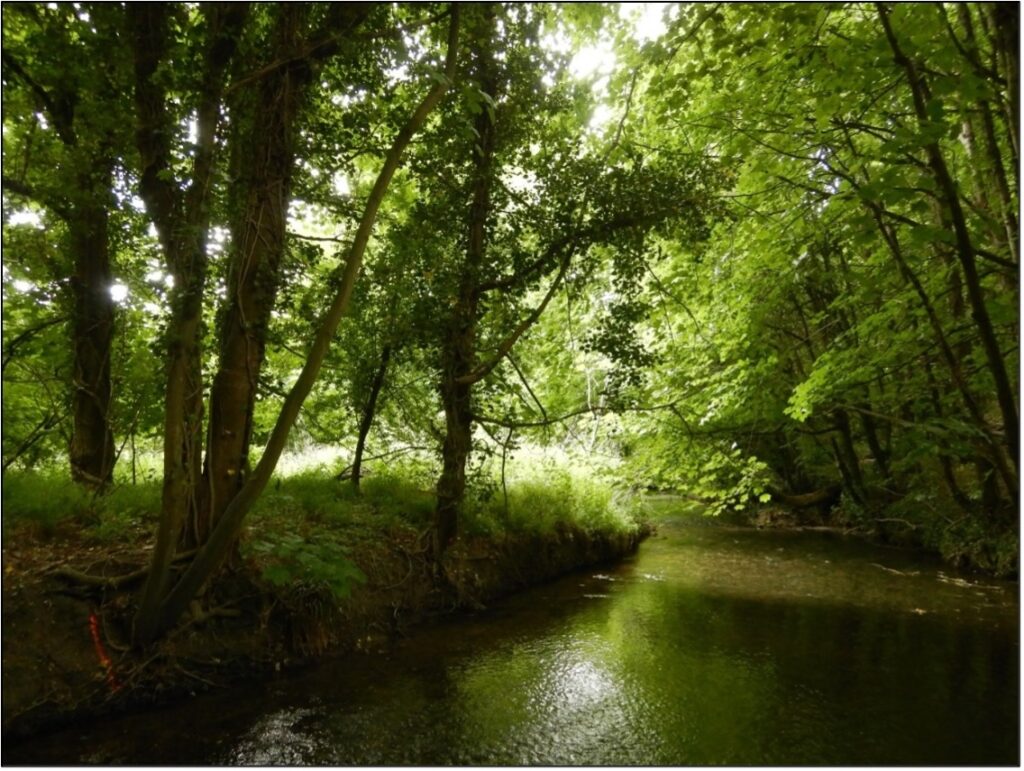

Responses